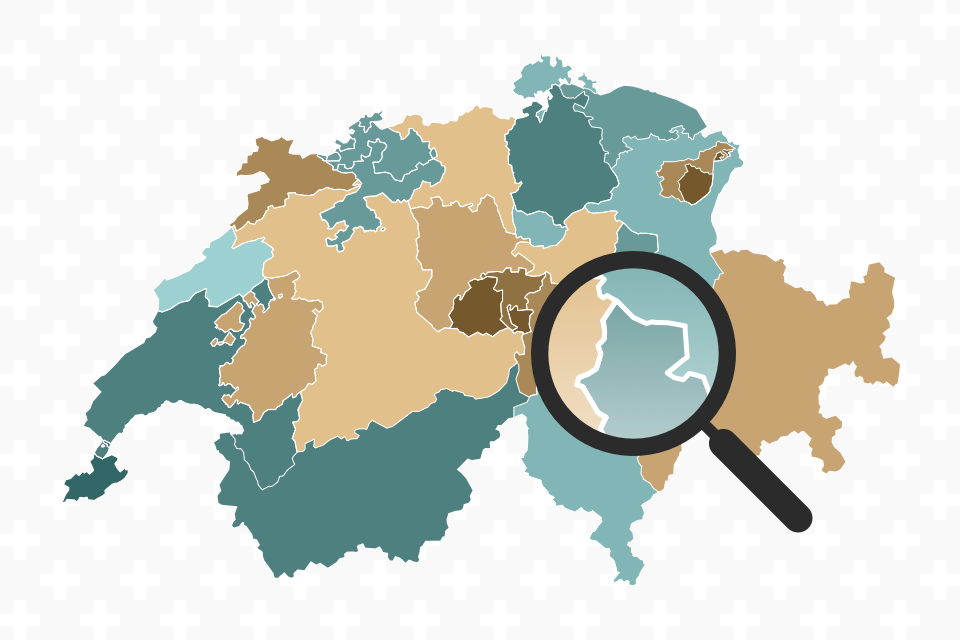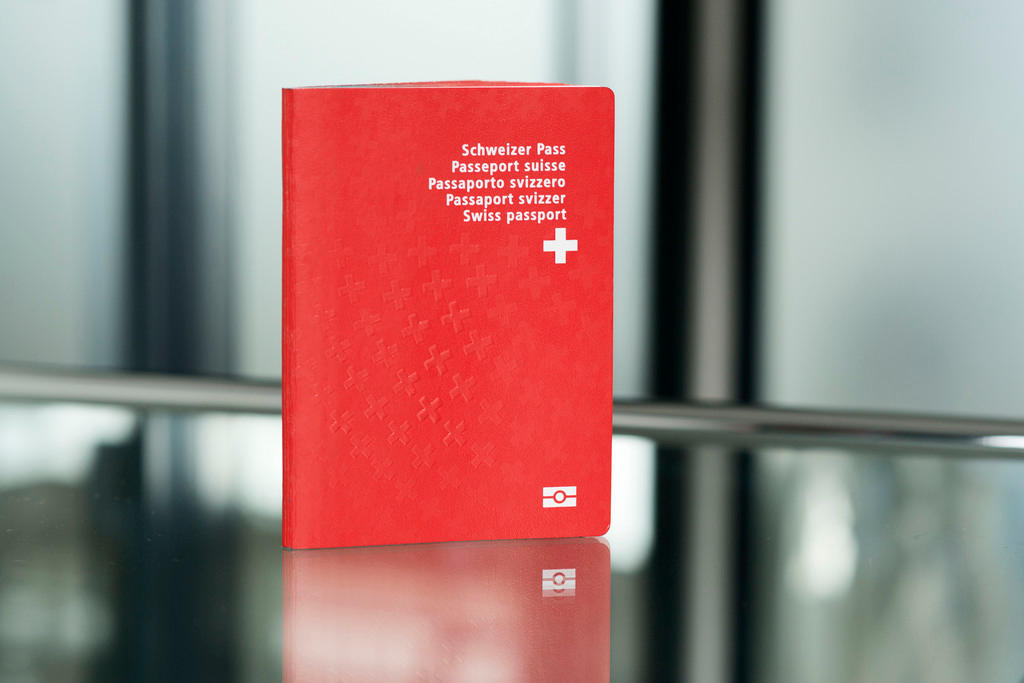Swiss ease citizenship rules for young immigrants

Voters have endorsed a proposal to simplify the citizenship procedure for immigrants whose grandparents came to Switzerland.
Final results show just over 60% of voters and a majority of cantons approving the reform on Sunday.
Three previous and more ambitious projects were rejected at the ballot box over the past three decades.

More
Vote results February 12, 2017
The latest proposal was opposed by the Swiss People’s Party, known for its staunch anti-immigration policy, but all other major parties, as well as the government recommended approval.
Parliament last September also agreed the constitutional amendment.
Encouragement
Justice Minister Simonetta Sommaruga welcomed the result, saying she was happy for the potential beneficiaries as well as their parents and grandparents.
“These young people are well integrated and they belong here,” she told a news conference.
Sommaruga encouraged them to make use of the facilitated citizenship procedure and take part in Switzerland’s direct democracy.
She paid tribute to the promoter of the proposal in parliament, Ada Marra, a daughter of Italian parents who came to Switzerland in the 1960s.
Sommaruga added the new rules could be implemented within the next 12 months.
During the campaign, supporters said Switzerland’s restrictive citizenship law should be eased for people who are integrated in society and have only symbolic or touristic links with the country of their ancestors.
Corporate tax reform: 40.9% yes 59.1% no
Facilitated citizenship: 60.4% yes 39.6% no
Road traffic fund: 62% yes 38% no
Turnout: 46.4%
About 117,500 citizens, including Swiss expats, were eligible to take part in an ongoing trial the e-voting. 29.6% of them used the option, according to the Federal Chancellery.
They argued that the current formal naturalisation procedure – at a federal, cantonal and municipal level – is often complex, deterring respectable citizens from acquiring a Swiss passport and the right to take part in the country’s system of direct democracy.
Warning
Senior People’s Party parliamentarians have warned that the long-term impact of “uncontrolled naturalisation”.
They argued that poorly integrated immigrants, notably from Islamic countries, would have the upper hand at the ballot box.
The party also announced moves to ban dual citizenship for those applying for Swiss citizenship.
Among the about 24,000 potential beneficiaries are primarily people from Italy, Spain and Portugal, according to experts, but only a fraction of them is likely to apply for citizenship.
However, critics have pointed out that the coming decades could see increasing numbers of applications from the descendants of immigrants from the former Yugoslavia and Turkey.
Conditions
The reform foresees applicants aged between nine and 25 having to submit a formal request to the federal government but would be spared time-consuming and costly examination by the cantonal and local authorities.
The candidates must have at least five years of regular schooling in Switzerland and a valid residence permit.
Requests for facilitated citizenship are also subject to a set of conditions for the parents and grandparents of the so-called ‘third generation’ immigrants.
Sensitive issue
As a rule, votes on citizenship are highly emotional issues in Swiss politics, as shown by the failure of three previous and more ambitious proposals over the past 35 years to ease the naturalisation procedure, notably granting citizenship automatically to ‘third generation’ immigrants.
The latest campaign on facilitated citizenship started rather late and was comparatively low-key.
To a certain extent, it was overshadowed by a highly controversial corporate tax reform also going to a vote on February 12.
Immigration
Citizenship in Switzerland is determined by the nationality of the parents of a child, and not by the place of birth.
This is contrary to traditional immigration countries including the United States, Canada and most countries in Latin America. Unlike neighbouring France, Switzerland never made an effort to increase its population by facilitating citizenship.
Brigitte Studer, a professor of history at Bern University, says modern-day Switzerland has always tried to control immigration by maintaining the right to send foreign labour back home when the economy slowed down.
She says the February 12 vote can be seen as an indication of whether Swiss voters trust immigrants can be integrated or whether foreigners are not considered a part of Swiss society.

In compliance with the JTI standards
More: SWI swissinfo.ch certified by the Journalism Trust Initiative















You can find an overview of ongoing debates with our journalists here . Please join us!
If you want to start a conversation about a topic raised in this article or want to report factual errors, email us at english@swissinfo.ch.